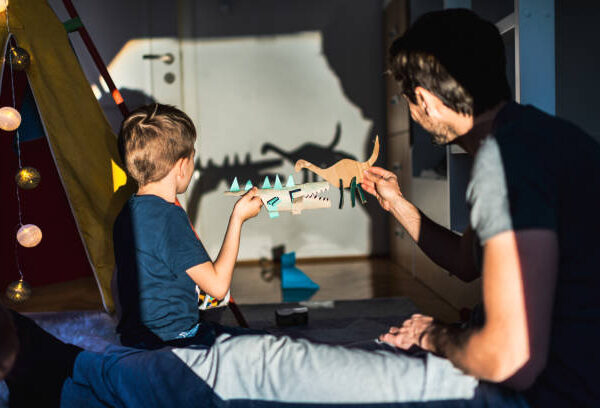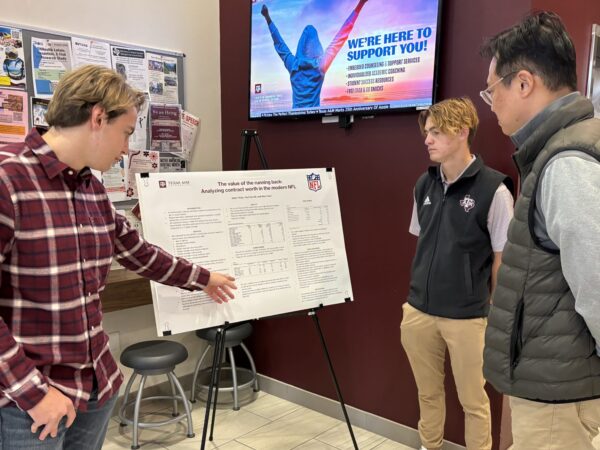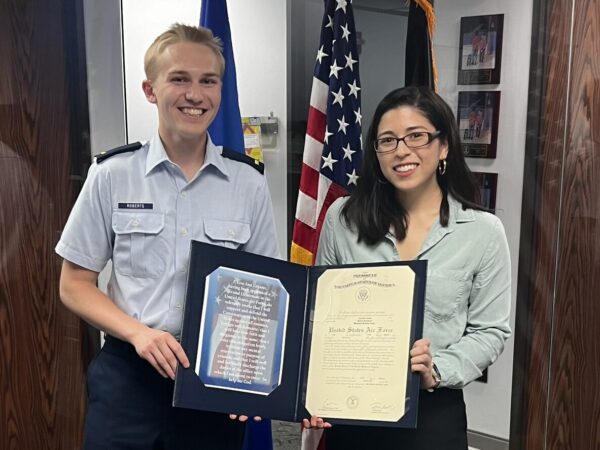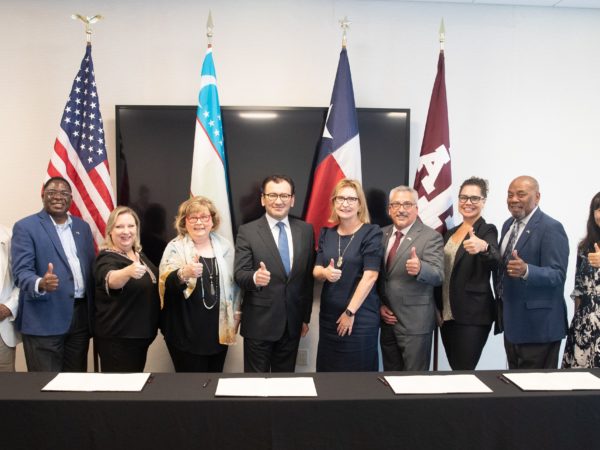Virtual mentoring and coaching supports teachers during COVID-19
The coronavirus pandemic intensified the teaching profession this year by forcing some schools to go completely online or offer hybrid courses. Dr. Beverly Irby, director of the Education Leadership Research Center, said she hopes teachers seek support and guidance through virtual mentoring and coaching.
Prior to the pandemic, Irby and her team coined the term VMC, or Virtual Mentoring and Coaching. The ELRC’s VMC connects current teachers with mentors and coaches, typically former outstanding teachers or administrators who have walked in the mentee’s shoes.
“VMC has been particularly important during this time,” Irby said. “Many educators either need a coach to be able to, for example, figure out how to teach a lesson online to their students, or they may need a mentor — who has been working with them and has built a trusting relationship to get through a conflict or a difficult situation.”
What is mentoring and coaching?
Mentoring is defined as a relationship built or developed between a mentor and mentee, while coaching is when a coach aids another individual, or the coachee, to address an event in life.
“Coaching is related to a specific point in time, and mentoring is related to a long-term developmental relationship,” Irby said. “We may think of the coach at a specific football game aiding the quarterback to call the plays, and we may think of a fellow experienced teacher in the neighboring classroom who becomes a mentor to a novice teacher and builds a lifetime of collaboration.”
Mentoring and coaching is not about telling someone what to do, instead it is helping teachers and administrators reflect on their own experiences. VMC can help teachers understand how to move to their next goal or how to transform their practice.
“In most of our mentoring work, we use the reflection cycle, because reflection is critical,” Irby said. “With our ability to reflect on our teaching practices or leadership behaviors, we improve.”
The Reflection Cycle, developed by Irby and colleagues and used throughout the country for over 20 years, includes reflecting on the experience, analyzing that experience and transforming next level goals or specific practices or behaviors.
The ELRC’s research and development team engaged virtual mentoring and coaching across Texas long before COVID-19. The mentors and coaches that the ELRC trains, as well as the teachers and administrators they engage, are in over 50% of Texas school districts. They are now also engaging VMC on a national level.
They have found that VMC provides a safe space for teachers and administrators to address their professional concerns and work toward the next level in their career and professional goals.
COVID-19 has enhanced the ELRC’s work by preparing mentors and coaches to provide teachers with not only improved pedagogical practices, but also with the emotional support they need during this time.
“They have emotional support by knowing there is someone who understands their position and what their educational needs are,” Irby said.
Irby said any teacher or administrator can benefit from mentoring and coaching and encourages them to contact the ELRC and Center for Research and Development in Dual Language and Literacy Acquisition Director of Education Outreach, Dr. Matthew Etchells.
Additionally, anyone can openly access The Reflection Cycle via the TAMU ELRC App — EDUReflection — for Android and Apple.
About the Writer
Heather is responsible for news coverage in the Department of Health and Kinesiology, as well as the Department of Educational Administration and Human Resource Development.
Articles by HeatherFor media inquiries, contact our Media Relations Coordinator, Ashley Green
Fundraising
To learn more about how you can assist in fundraising, contact Amy Hurley, Director of Development ahurley@txamfoundation.com or 979-847-9455














